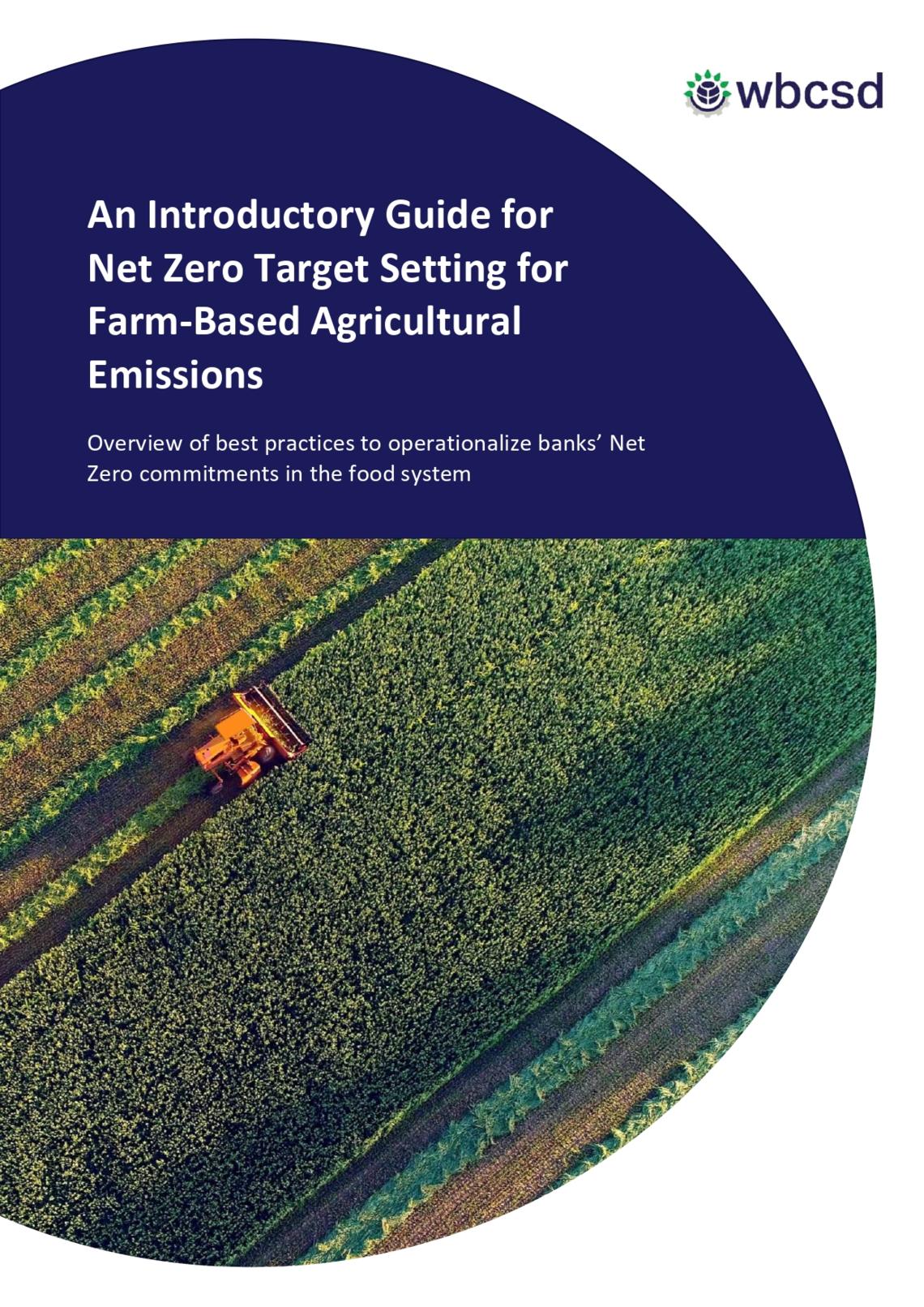
In this report, the Banking for Impact on Climate in Agriculture (B4ICA) initiative aims to supplement existing guidance by providing banks with clear, pragmatic, and practical recommendations for setting targets to support companies within their agriculture sector portfolios to reduce GHG emissions, with special focus on farms.
Specifically, this guidance seeks to consolidate, highlight, and clarify key issues facing banks across four key steps to setting agricultural emissions targets:
- Defining the scope of the net zero commitment in agriculture, and what should be in-scope for banks’ agriculture portfolio emissions targets
- Selecting climate scenarios and determining types of targets to set by evaluating tradeoffs
- Measuring emissions leveraging different methodologies and identifying key data inputs required
- Discussing the levers banks can use to engage their clients and additional resources needed to support the climate transition in the agriculture sector
The Banking for Impact on Climate in Agriculture (B4ICA) Initiative is convened by WBCSD in partnership with the UNEP Finance Initiative, the Partnership for Carbon Accounting Financials (PCAF) and the Environmental Defense Fund (EDF). It aims to convene and facilitate a coalition of banks, scientists and other relevant experts and partners to develop agriculture and land-use change (LUC) GHG emission data, methodologies, tools and guidance for finance institutions to assess, manage and act on alignment of agriculture portfolios to climate scenarios through client engagement.

